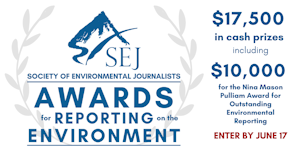EPA Tosses Safety Data, Says Dow Pesticide for GMOs Won't Harm People
"When Monsanto genetically engineered corn and soybeans to make them immune to its best-selling weedkiller, the company pitched the technology as a way to reduce overall use of herbicides and usher in an environmentally friendly era of farming."












 Advertisement
Advertisement 



